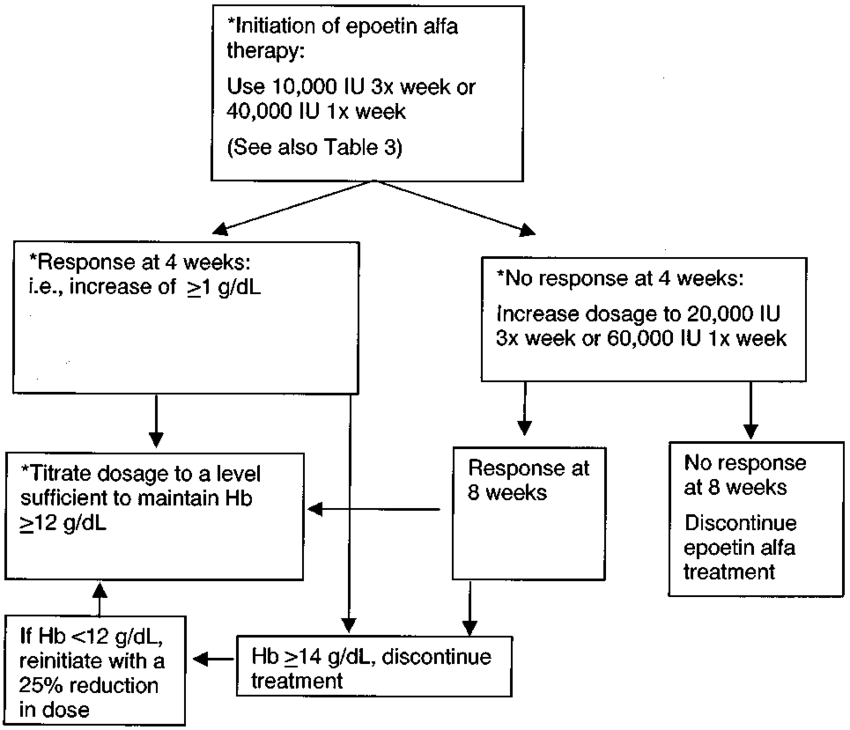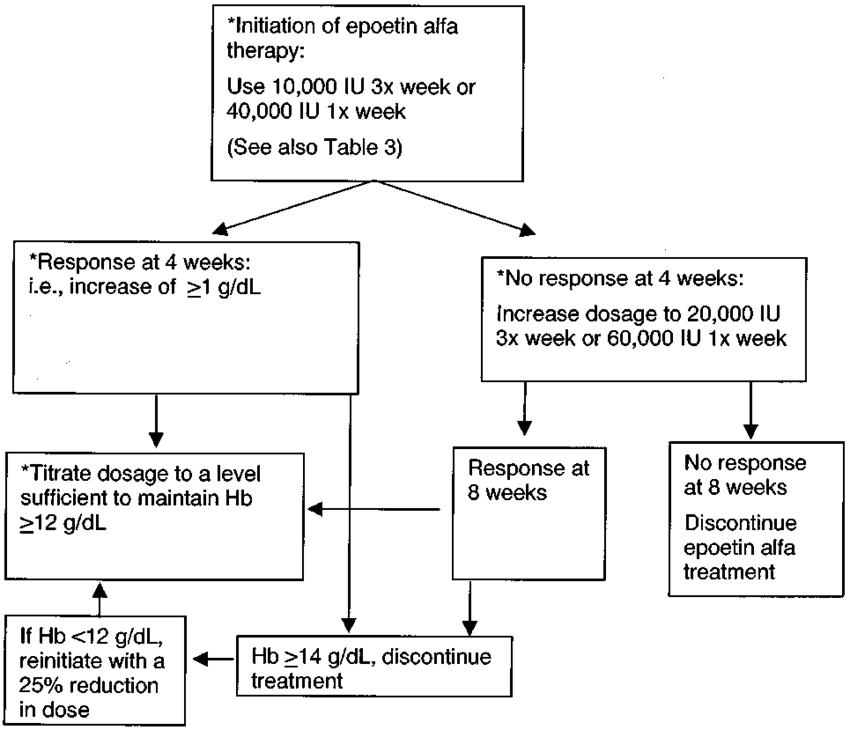 In order to stay healthy, the body needs a steady supply of oxygen to the tissues and organs, but in cases of anemia the body is deprived of the essential oxygen needed to function. A doctor can diagnose and treat anemia after conducting a physical exam to evaluate the type and severity of the anemia.
In order to stay healthy, the body needs a steady supply of oxygen to the tissues and organs, but in cases of anemia the body is deprived of the essential oxygen needed to function. A doctor can diagnose and treat anemia after conducting a physical exam to evaluate the type and severity of the anemia.
There are different types of anemia, so the treatment would depend upon the type of anemia diagnosed by a doctor. A physician can diagnoses the type of anemia the by a blood test. In the United States, the most common cause of anemia is iron deficiency, according to the National Institute of Health.
Your doctor can design a treatment plan after talking to you about symptoms, medical history and looking at any current medical treatments. The doctor can monitor you blood levels during treatment and make adjustments as necessary. It is important to have the doctor monitor the anemia, as an overload of iron can cause side effects. The doctor can recommend the correct dosage and make adjustments as necessary.
Conventional remedies for anemia may include simple nutritional changes, vitamin or iron supplements, injections, hormone treatments and in extreme cases, surgery. The treatment path is determined by a physician after diagnosing the nature and severity of the anemia.
The doctor may recommend a consultation with a nutritionist, who can make dietary recommendations to correct the anemia. Dietary recommendations will depend upon the type of anemia. In addition to telling you what to add to the diet, the nutritionist can tell you which foods to avoid because they can block the absorption of iron and vitamins.
If the blood tests reveal a deficiency in iron, folic acid or Vitamin B12, the doctor will likely suggest dietary changes to correct the deficiency. The doctor may recommend supplements, either over the counter or by prescription. After a period of time that doctor will conduct another blood test to find if the blood level of the nutrient has normalized.
In cases of more severe deficiencies,the doctor may administered an injection. Since Vitamin B12 deficiency is almost always linked to the body’s inability to absorb the vitamin through the digestive tract, the treatment is usually a Vitamin B12 injection. Monthly injections can be administered at the doctor’s office, but many people learn to give themselves B12 shots in the convenience of their own home.
If the anemia is cause by excessive bleeding, such as in bleeding of the digestive tract, the physician may recommend surgery to repair the damage that causes the blood loss. In severe cases, the doctor may recommend a blood transfusion.
A physician can diagnose and prescribe an appropriate treatment plan. Information in this article is not intended as medical advice. If you have a medical condition, please consult a doctor.
Resources:
National Institute of Health
Medical Advisor Complete Guide to Conventional and Alternative Treatment: Time Life



